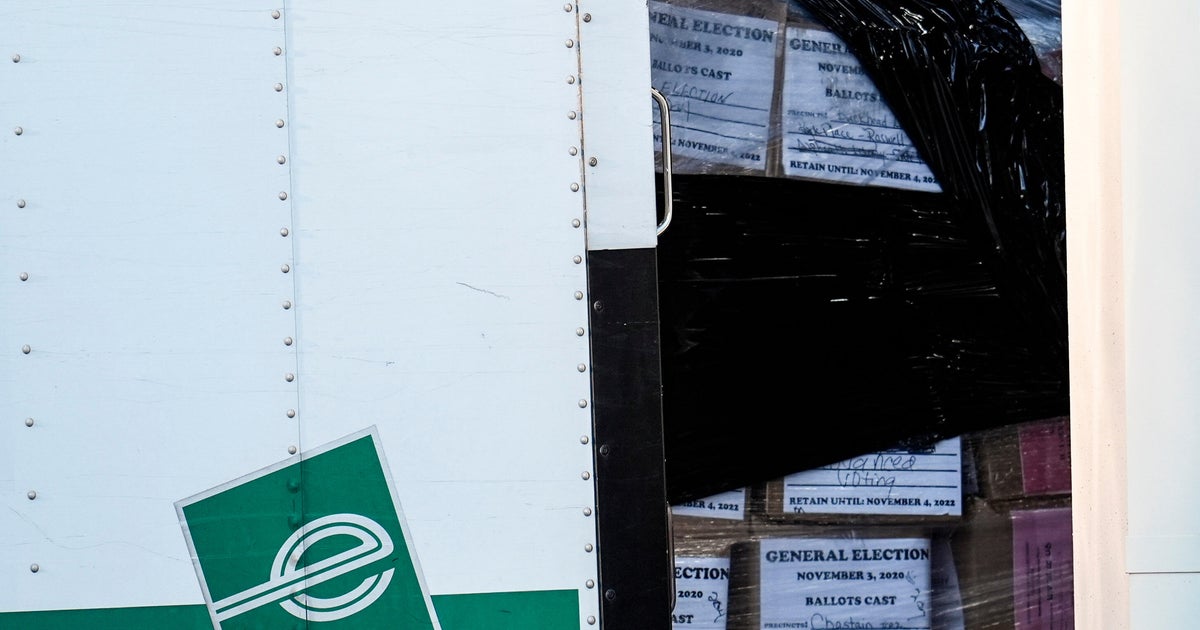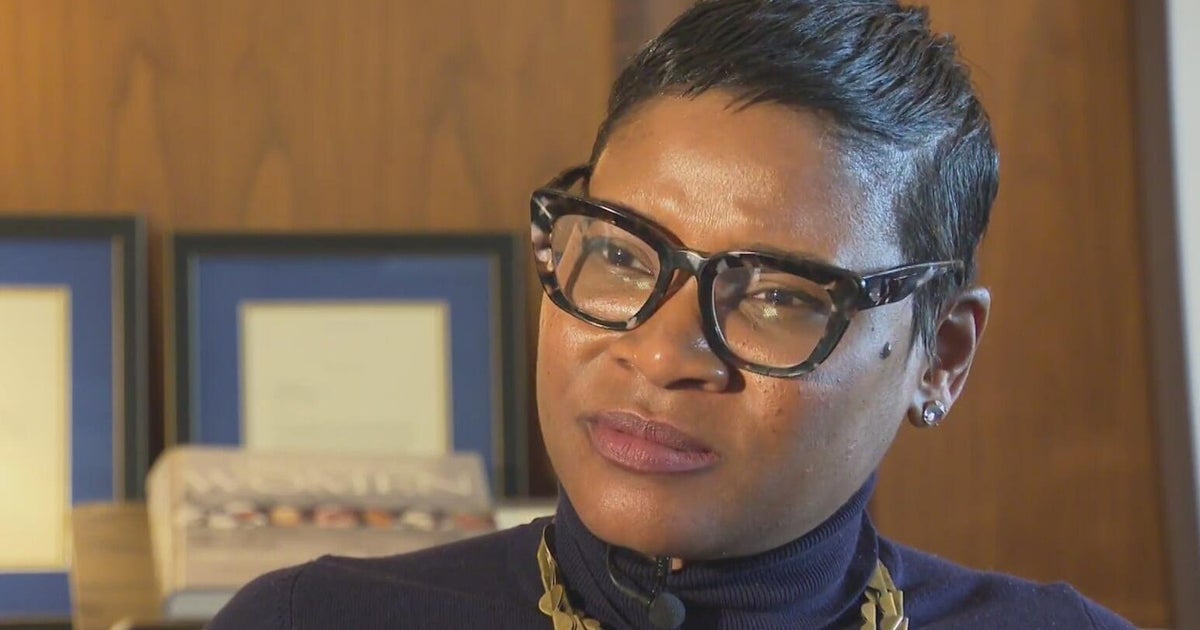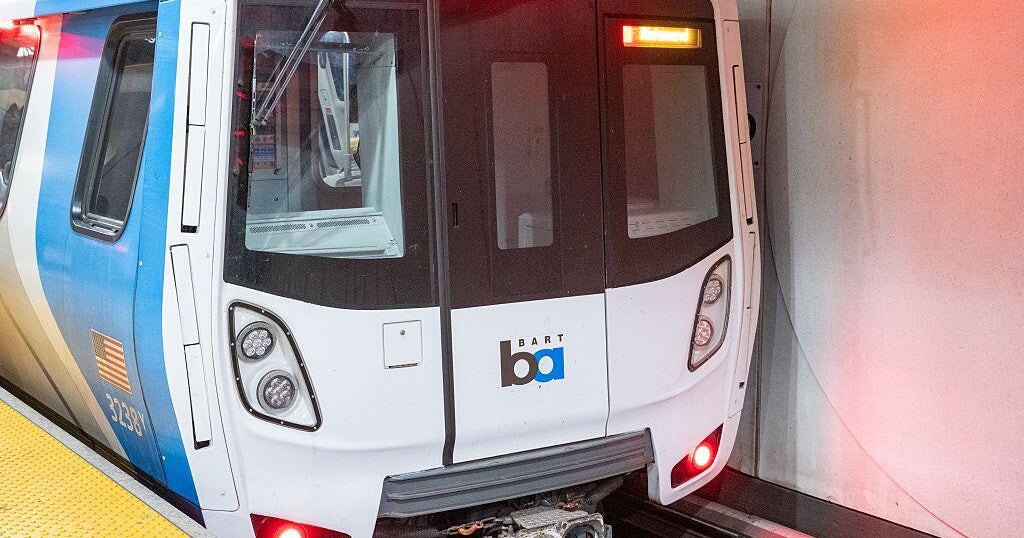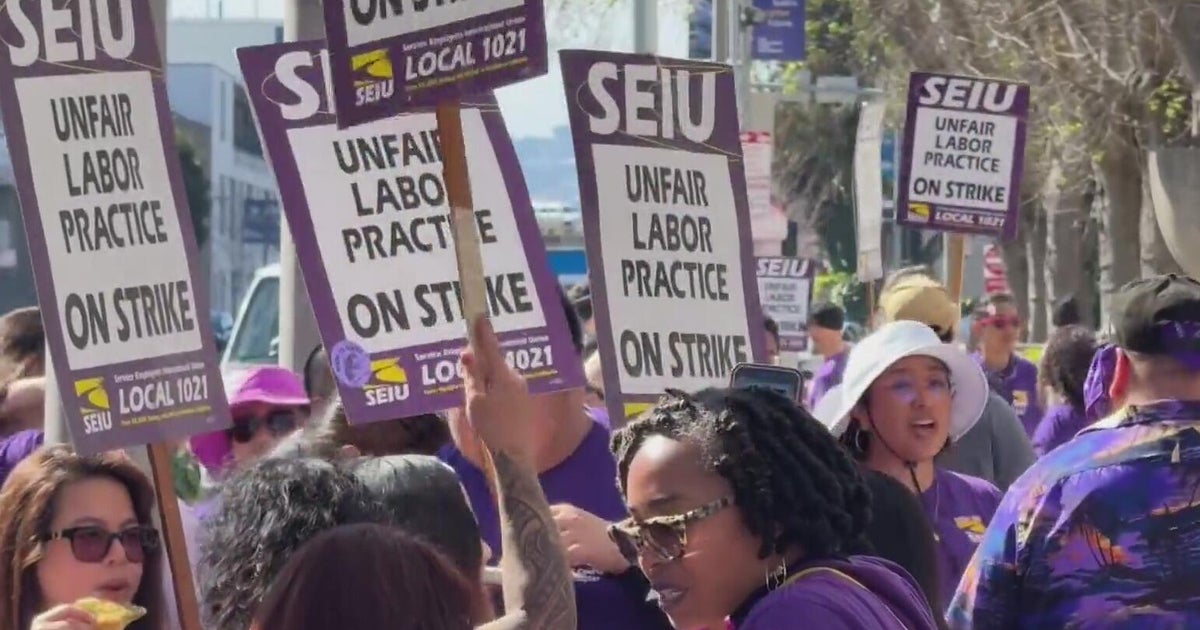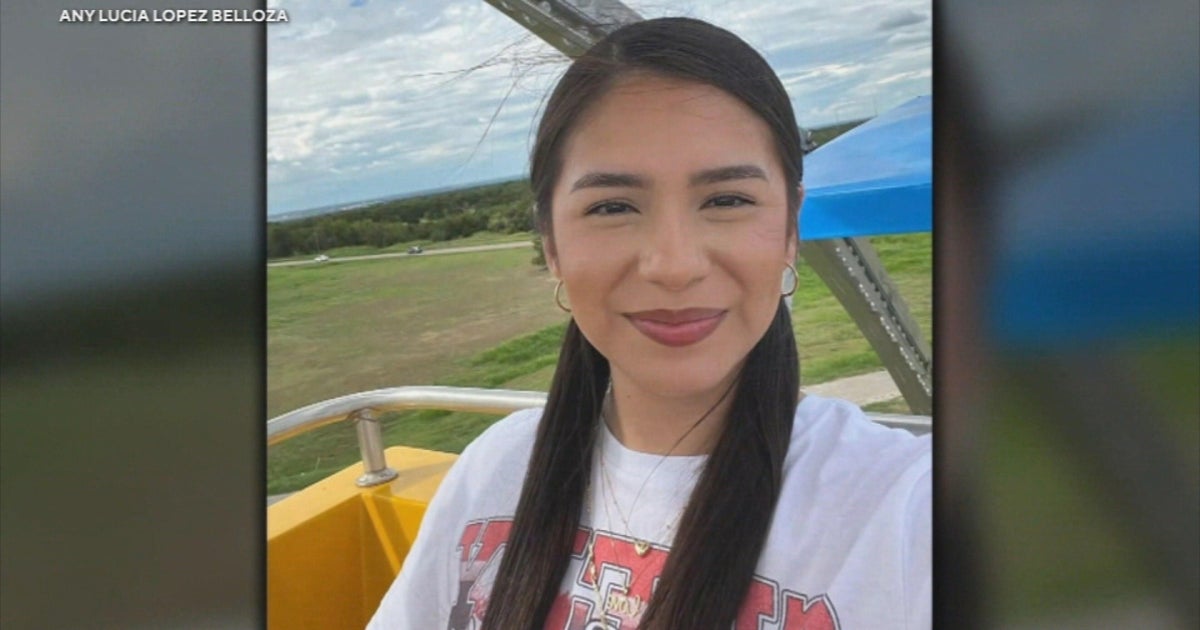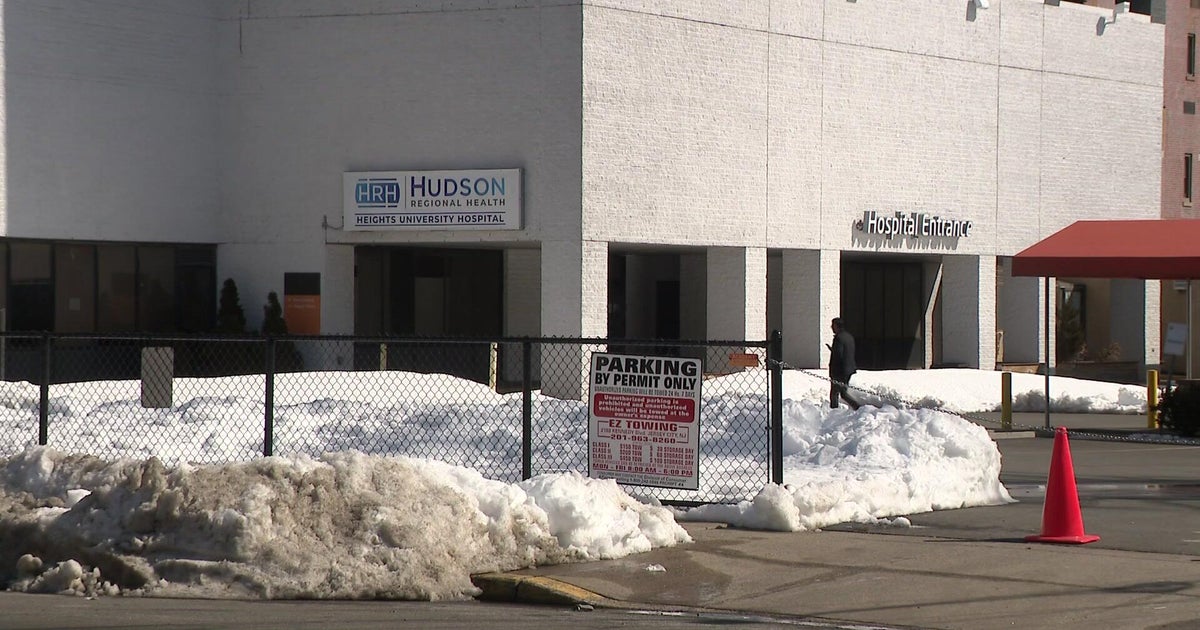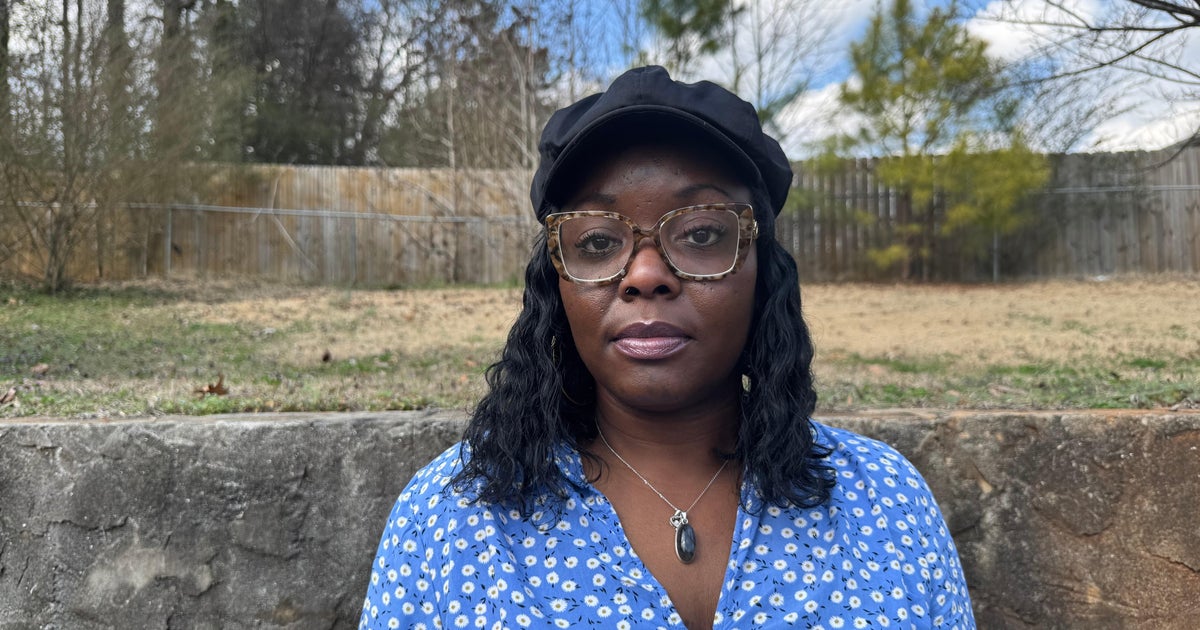SF Muni Director To KPIX 5: 'Lots' Of Options To Deal With Sickouts
SAN FRANCISCO (KPIX) -- Edward D. Reiskin, Director of Transportation of the San Francisco Municipal Transportation Agency spoke with KPIX 5's Phil Matier Sunday about the status of contract negotiations with Muni operators' unions and whether the recent sickout action by Muni employees is likely to continue.
Here is an edited transcript of their conversation.
PHIL MATIER: Alright, where does it stand? You were supposed to go into arbitration, that would be a judge coming in and saying 'this is the contract, this is the deal.' The union refused to show up. What's going on?
ED REISKIN: Right. So, we were supposed to go into arbitration yesterday and the union was not willing to go and the arbitrator was not willing to hold an arbitration without them so we are now working with them to try to get them back to the table, whether in mediation or arbitration so that we can get to a deal. Our charter/deadline is that we need to make public whatever agreement we're putting forth for consideration by one week from today, June 15.
MATIER: If there is not an agreement by June 15, what happens?
REISKIN: There's really a couple different things that could happen. The most likely is that if there's no contract -- there's nothing for my board to act on -- then the current contract expires. The basic terms of the current contract such as pay and health benefits stay as they are today.
MATIER: Alright, if it stays the way they are today then they won't get their 11.5% raises but they also won't have to pay into their pension funds 7 1/2 percent. Will they come out ahead if they just balk at a new contract?
REISKIN: No. Absolutely not. What's on the table right now is not our proposal. It's a result of the mediation process so it was the mediators' recommended agreement. And that agreement, I believe, is quite favorable to the operators. It does have them -- like every other city employee -- pay into their pension but they get an offsetting pay increase which increases their salary for purpose of calculation of things like pension. So it gives them a five percent bigger pension. On top of that, it gives them a pay increase [in the] first year and then a pay increase compounding on that in the second year.
MATIER: Now all the other city workers are paying into their pensions at this rate so even if you go back to the table what can you give them without upsetting everybody else?
REISKIN: I don't want to speculate on what the process is. At this point, it's really up to the mediator or arbitrator to arrive at something that's fair. We have that process built into the city charter to prevent disruption of service and we're confident we can use that process to get to a resolution.
MATIER: Well, speaking of disruption of service, it wasn't an official strike but this sickout has the city attorney turning his legal guns on the unions saying they're, in part, responsible for what happened and could be liable. The mayor and you yourself also said that if anybody called in sick they had to come in with a doctor's excuse. I understand that a number of them are coming in with doctors' excuses for the days absent, is that correct?
REISKIN: Yeah, that's right.
MATIER: What are you hearing, anecdotally?
REISKIN: I feel like the operators are getting some really bad advice in terms of what the substance of what's on offer is, how we got to this offer, and then how to deal with it. So I think that whomever [sic] is telling them they should not come to work and whoever was behind that sickout, I think is really putting the operators in a bad position and, more so, putting the riders in a bad position. I hope we're past that.
MATIER: How are they getting these notes?
REISKIN: I think it's not that hard to call a doctor and say "I wasn't feeling well would you write me a note?" I'd like to give people the benefit of the doubt. If people were sick they were sick. We're really trying to focus forward. We want to make sure we don't have service disruptions, that we get resolution.
MATIER: If there is another sickout... what then? Is there a bigger hammer that would fall or what?
REISKIN: There are lots of other paths we could take. As you mentioned, the city attorney has initiated some legal action. We really don't want to go there. The great majority of Muni operators do a really good job. They have a really difficult job. They do it really well. We have a lot of respect for the work that they do to move more than 700,000 people every day on an average weekday. Our goal is to get them to work, to keep them at work, to give them fair compensation for the hard work that they do and to not get into this situation again.
